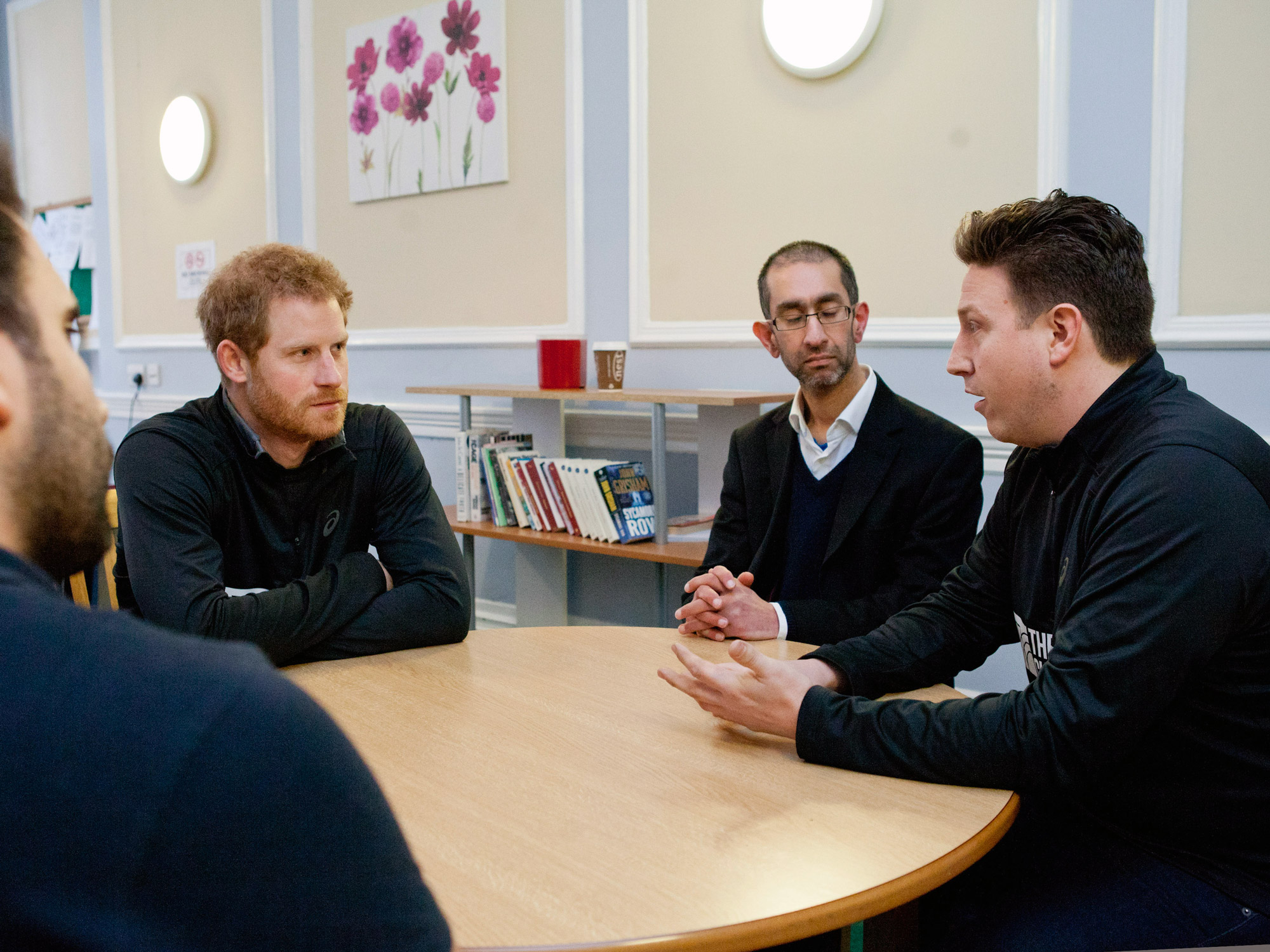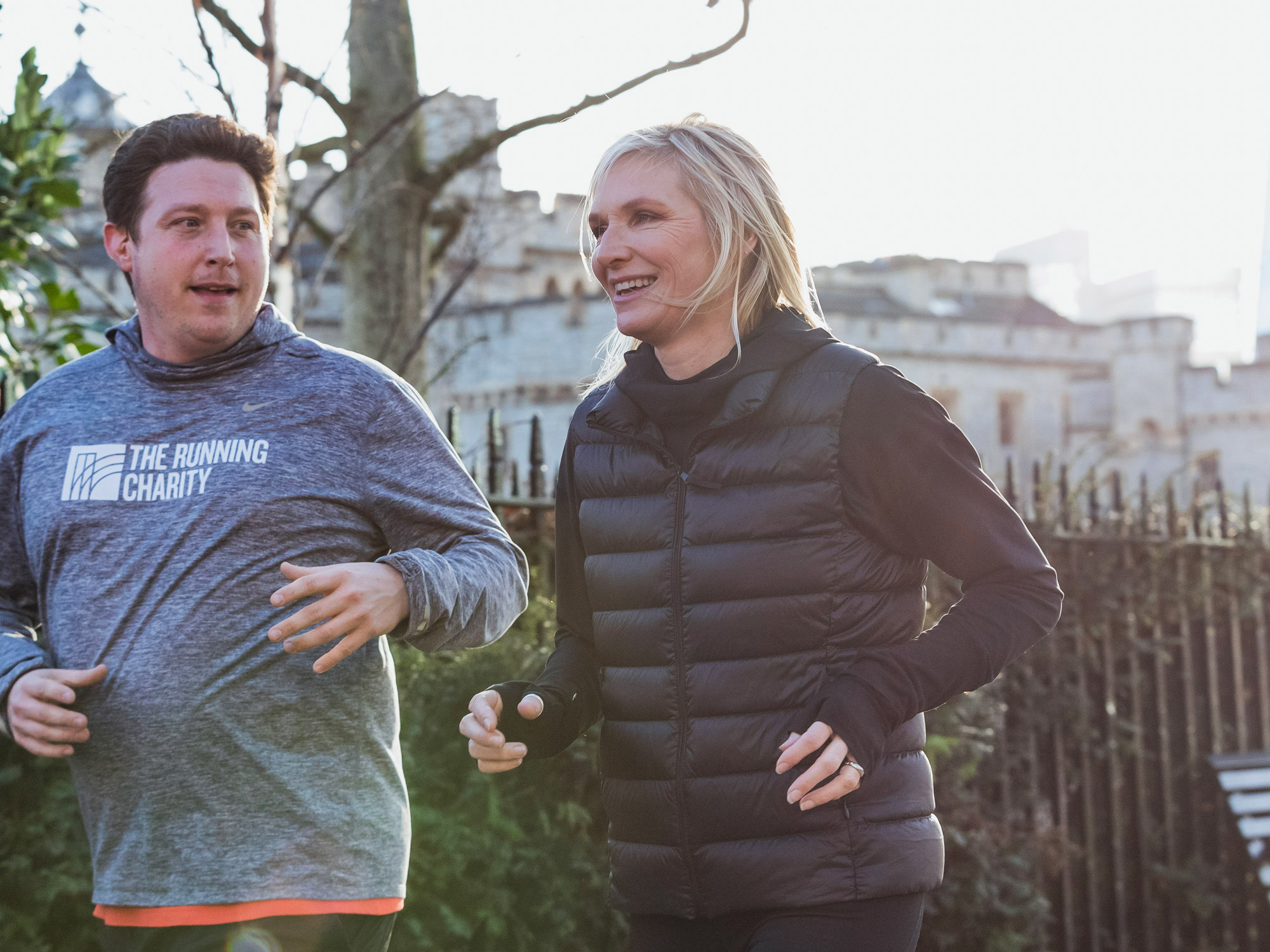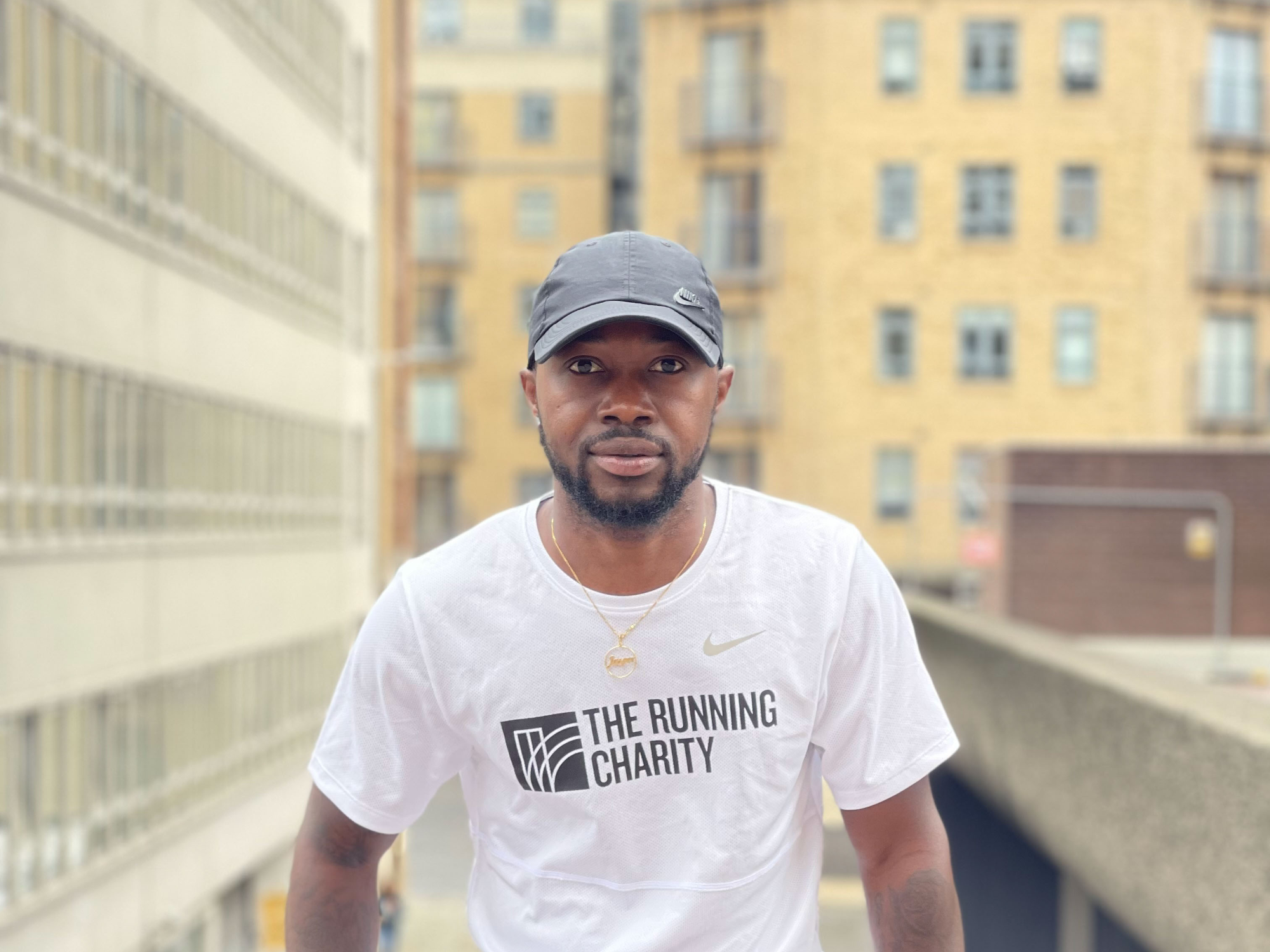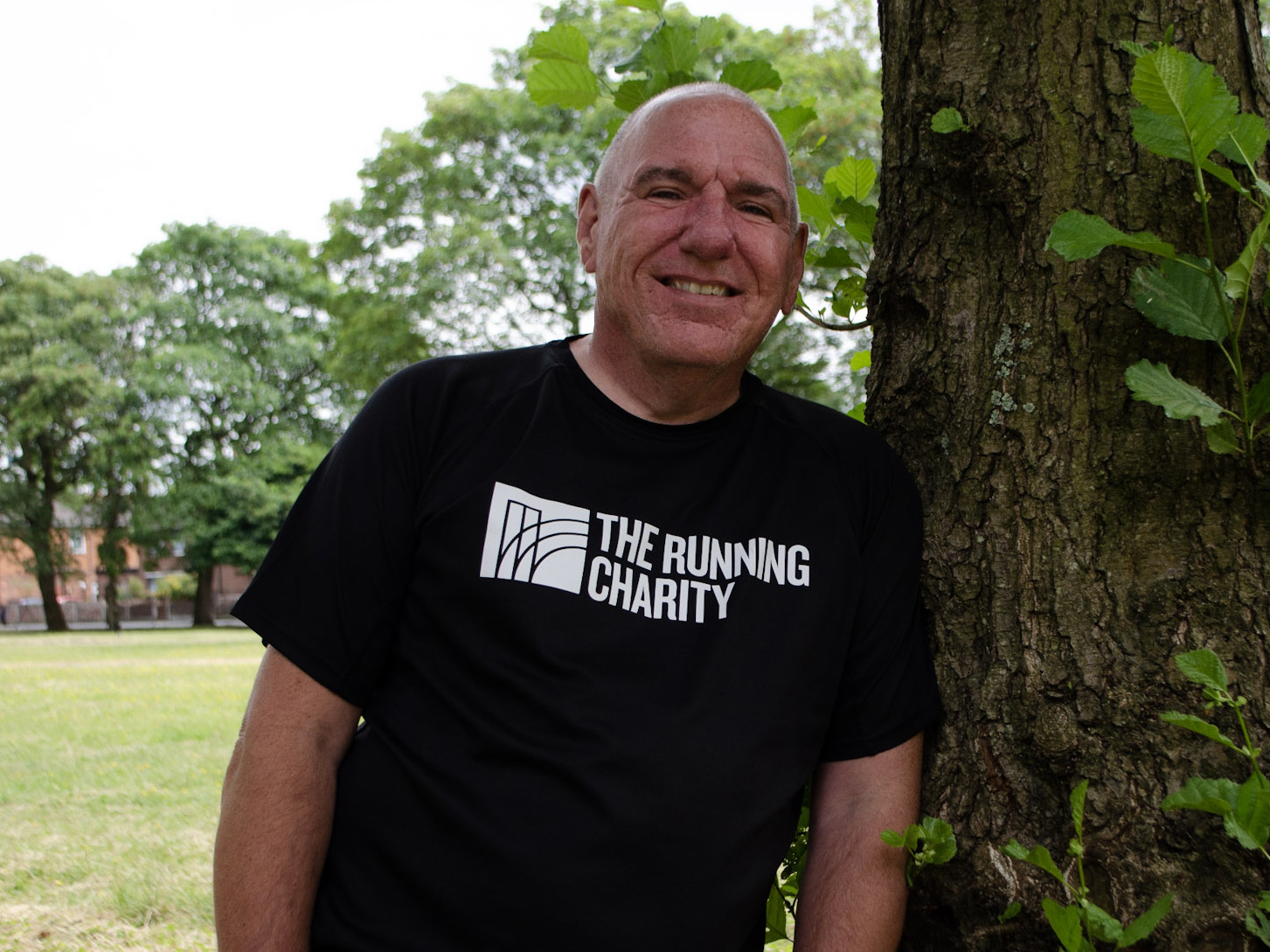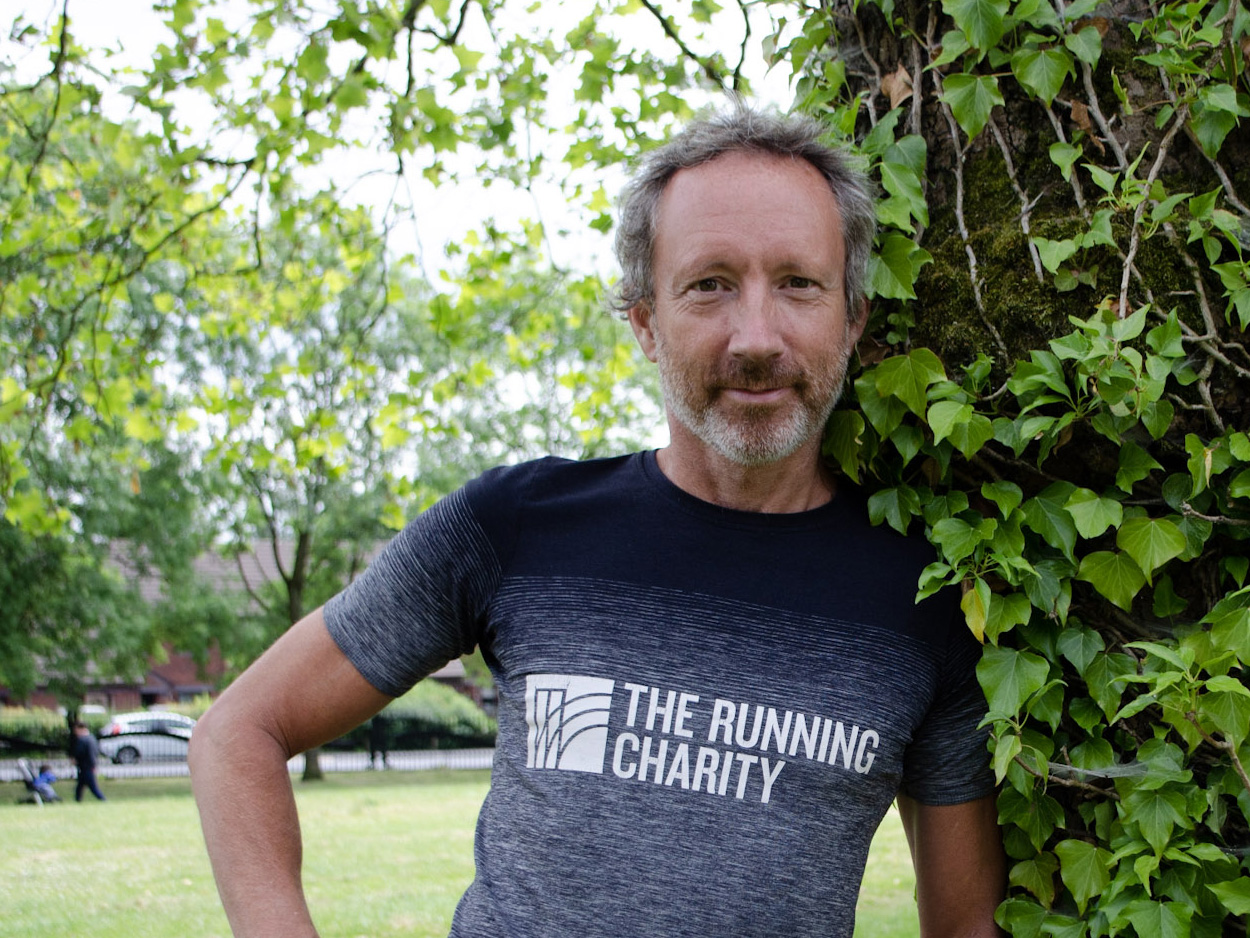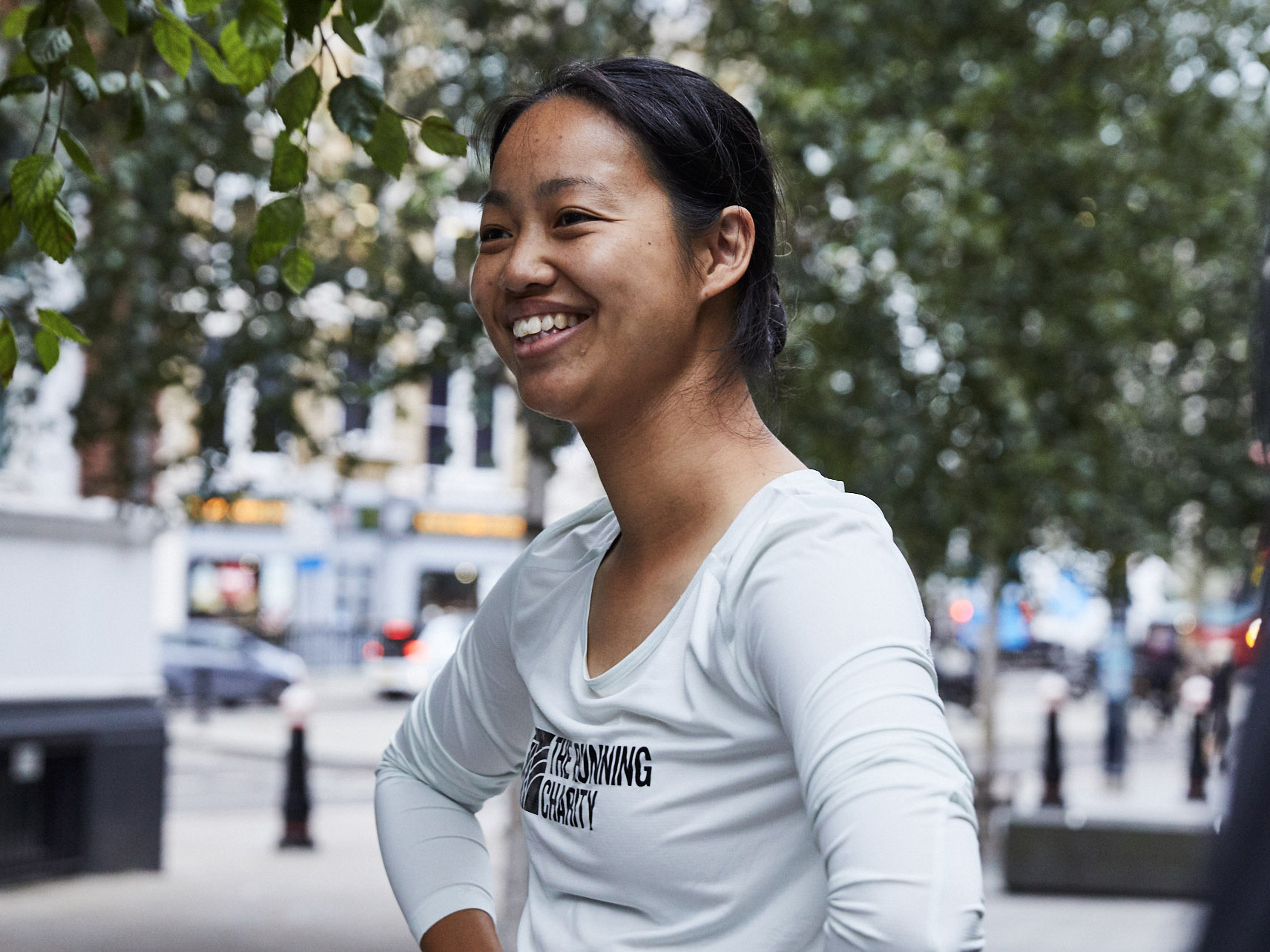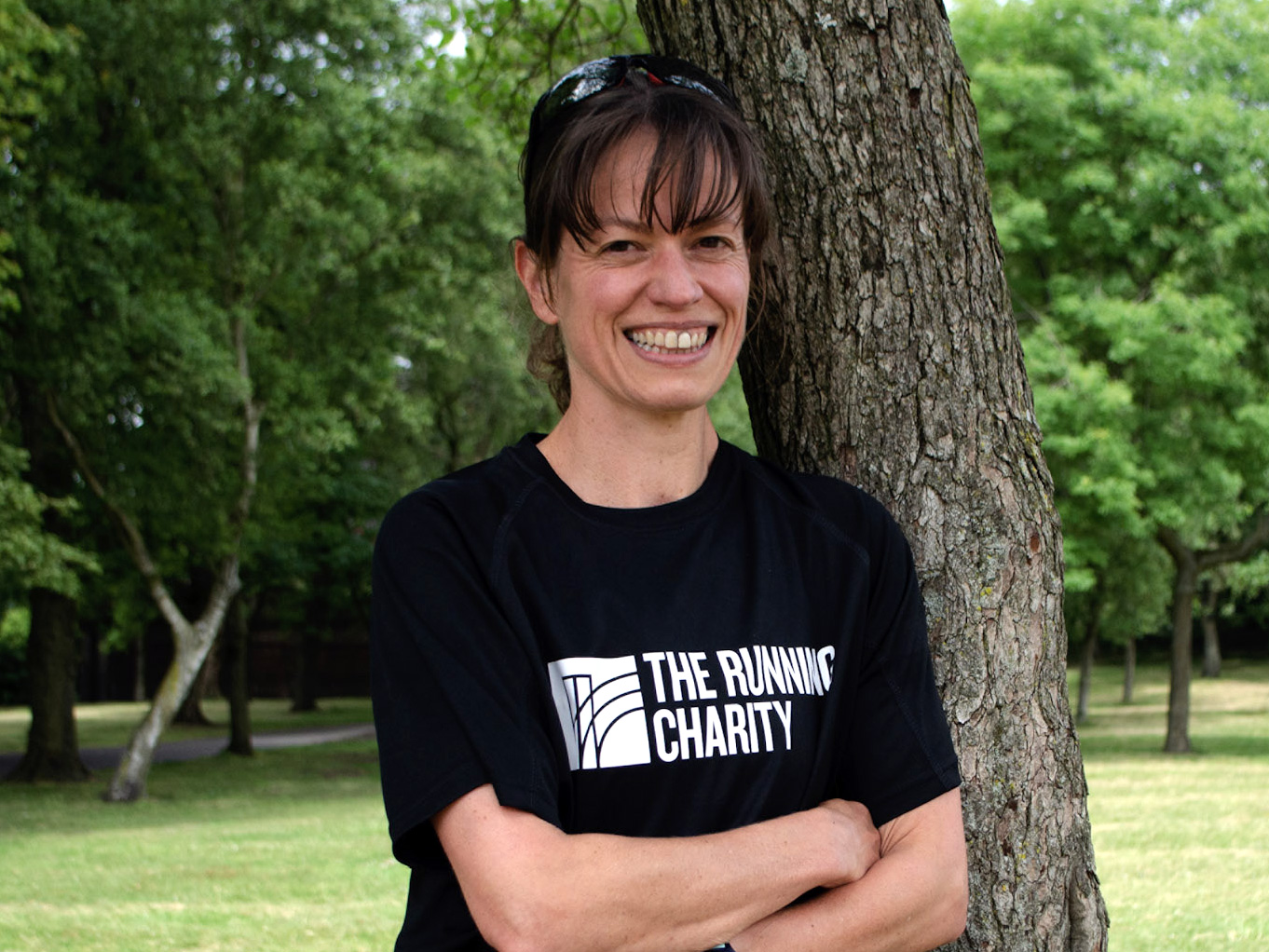Who We Are
Alex Eagle
Alex is the co-founder and director of The Running Charity. Alex is in charge of the charity’s development, staff and partnerships
How did The Running Charity come about?
There were many amazing people involved in the origins of what became The Running Charity. It started in 2012 at a meeting with a group of young people who went on to join our pilot programme. Everything was on the table that day. It was them who set the tone for our future impact and established our values moving forward. My role was and always will be to ensure it was rooted in the needs and desires of young people.
What makes The Running Charity so different to other charities?
When we started, there was nothing like us. I was working in a day centre for young people who were experiencing homelessness. They all loved sport but didn’t have anything that was designed to respond to their experiences. What was out there was geared towards short-term outcomes and was rigid and excluding. There was nothing around to help them lay the foundations of an active, engaged and connected life.
We were the first to combine running and youth work. But, most importantly, we saw ourselves as facilitators, not saviours of young people. My focus was never outcome-orientated; they didn’t need to do anything other than be themselves. Our job is to respond to their requests, and the aim is to provide them with something to look forward to by facilitating an experience that demonstrates their potential.
Why running?
Well, as I said when we started, there was nothing like us. The benefits of running on mental health weren’t talked about. I think our young people and their work have helped shape that conversation. The visibility of their resilience has strongly influenced the conversations we all now have. Runners have always known the impact running has had on their mental health. I’m glad the benefits are now better known to the public.
I think running also really rewards the commitment to a process. Many of the young people we work with are let down by factors outside their control. They can do so many things to address the circumstances they’re in and still get nowhere. Running teaches us not to give up and to break down significant obstacles into smaller ones. When you start running, 5km can feel impossible to achieve. We look to define that ‘impossible’ moment with our members when they first start, and then we do whatever we can to help them reach beyond it. When people face barriers that they feel are impossible and then break them through grit and determination, it can be the catalyst to broader change.
What do you love about your job, and what frustrates you most about it?
I love seeing young people take control, be more assertive and become more comfortable in their skin. I know the young people we work with are managing complex situations, and I’m pleased we can support them through that. But, ultimately, I hope when they look back on this period of their lives, they think of it as fondly as can and have memories they can treasure.
What frustrates me? Seeing the government house people who experience homelessness during the pandemic was a great thing. Still, it just cemented the truth that for decades before, homelessness was regarded as an active choice, and that’s outrageous. It demonstrates that we can address our more significant social issues if there’s a collective will.
What would you say is your proudest achievement?
Whenever we can bring a former young person into the team is a proud moment for all of us – three of the four members of the London hub are from our programmes. I was recently sitting in our new (free) London office, listening to Claude, Steven, and Victor talk, and it just struck me how lucky I am to be part of their lives and in a team that works every day to empower more young people.
What has been your best moment, personally?
Too many to name, but they all involve young people.
Why do you like working with young people?
I think my upbringing led me to community work. I grew up in a single-parent family with a very political mum who was part of the LGBTQ+ community. Campaigning, justice, and equality were very much the lessons taught in my house. Rebelling was also part of the daily diet, and I think that’s what led me to football, which was hated in my house! Professionally, I began as a football coach for Millwall Football in The Community, where I loved working with young people – it tested the boundaries and kept me on my toes. I then became the Sports and Men’s Worker for an incredible charity called New Horizon Youth Centre. I was there for ten years, and that’s where I gained my youth work stripes. The young people were so incredible and had such a wide range of experiences. Early on, I, figuratively, got my arse kicked. I was 23, just a bit older than the people I was working with, and sometimes that worked in my favour, but other times, it really did not. But I was fortunate to work with some incredible long-serving youth workers who provided me with many lessons and a platform to grow.
I think that’s the common thread for most youth workers: they have something in them that works to create environments for people to grow. We’re there to help people lay the foundations that may not have been laid earlier due to no fault of their own.
When did you start running and why?
I always had a bad relationship with running, and it was something I only did because I needed to as part of my football training. James, the other founder of The Running Charity, was the one that opened my eyes to the beauty of it.
Tell us about your favourite race or run?
Hackney Half is a great experience, but I just love running with young people, regardless of the event.
